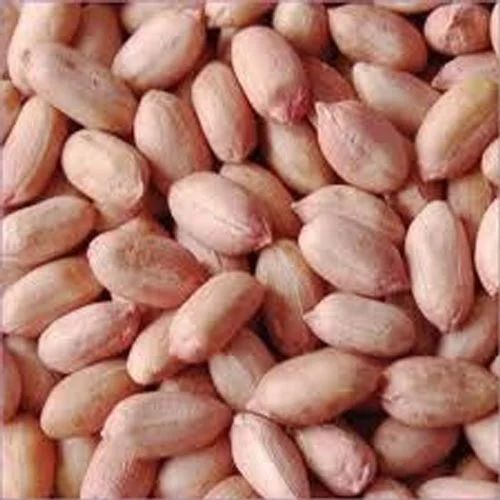- GST NO. : 24ACCFM7082N1ZL
sales@murlidharinternational.com
Organic Grain Suppliers In India: Driving A Sustainable Future
Posted by Admin on August, 22, 2025

The demand for organic food is rapidly increasing across the globe, and India is emerging as a key player in this transition. With a rich agricultural heritage, diverse climatic conditions, and a strong commitment to sustainability, India is home to some of the most reliable organic grain suppliers who cater to both domestic and international markets. Among the many categories of organic produce, grains occupy a vital position, as they are a staple in Indian diets and a major export commodity. This article explores the importance of organic grains, the role of organic grain suppliers in India, and why choosing organic grains is essential for health, the environment, and the economy.
Why Organic Grains Matter
Organic grains are cultivated without synthetic fertilizers, pesticides, or genetically modified organisms (GMOs). Instead, they rely on natural farming practices such as crop rotation, composting, and biological pest control. This ensures not only the purity of the grains but also the preservation of soil fertility and biodiversity. Consumers are increasingly shifting to organic options because of the multiple health benefits, including better nutrition, absence of harmful chemicals, and improved taste. Additionally, organic farming reduces water pollution and helps in combating climate change by lowering greenhouse gas emissions.
The Growth of Organic Farming in India
India has become one of the leading producers of organic food products, with states like Madhya Pradesh, Rajasthan, Maharashtra, and Karnataka being at the forefront of organic grain cultivation. Government initiatives, certification programs, and rising awareness among farmers have boosted the organic sector significantly. Today, India exports a wide range of organic products, including rice, wheat, millet, and pulses, to countries such as the USA, EU nations, and the Middle East.
Role of Organic Grain Suppliers in India
The backbone of the organic movement is the growing network of organic grain suppliers in India. These suppliers act as a bridge between farmers and consumers, ensuring that grains are procured directly from certified organic farms, processed under strict quality control measures, and delivered in eco-friendly packaging. By maintaining international standards of certification, Indian suppliers are building trust and credibility in the global organic food market.
Some suppliers specialize in traditional grains like basmati rice, while others focus on nutrient-rich superfoods such as quinoa and millets. Their efforts not only support farmers financially but also help preserve India’s traditional farming practices, which have always been closely aligned with nature. Moreover, suppliers invest in educating farmers about sustainable techniques, fair trade practices, and modern supply chain logistics, enabling India to strengthen its position in the global organic economy.
Why Choose Organic Grain Suppliers in India?
Consumers and businesses prefer Indian suppliers for their wide variety, cost-effectiveness, and commitment to authenticity. By sourcing grains from India, buyers gain access to products that are fresh, chemical-free, and competitively priced, while also contributing to the livelihood of millions of small-scale farmers.
Conclusion
The rise of organic grain suppliers in India is a testimony to the country’s capability to blend traditional farming wisdom with modern sustainability practices. As more people embrace healthy eating and environmentally friendly choices, the demand for organic grains will only grow. With their dedication to quality and integrity, Indian suppliers are set to play a pivotal role in shaping a healthier and greener future for generations to come.
Search
Category

Leave a Comment